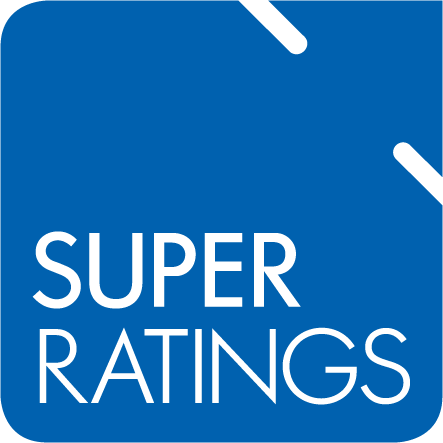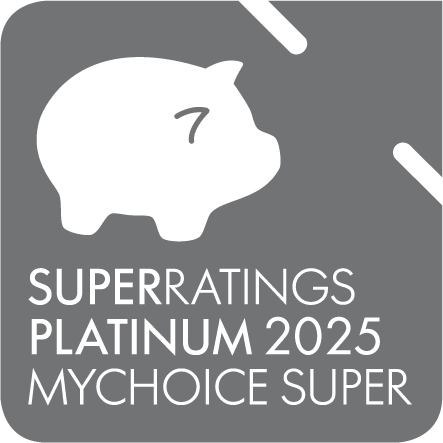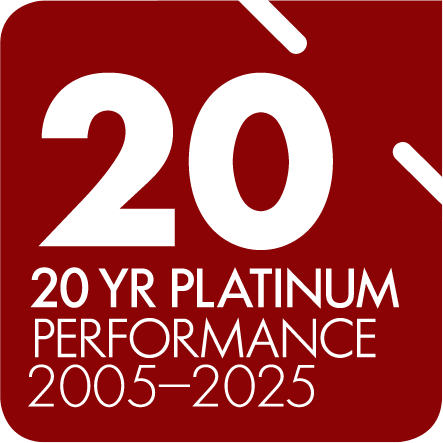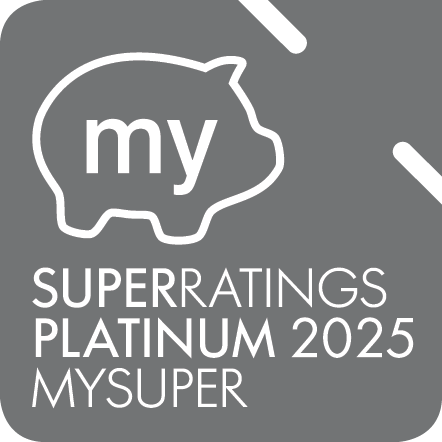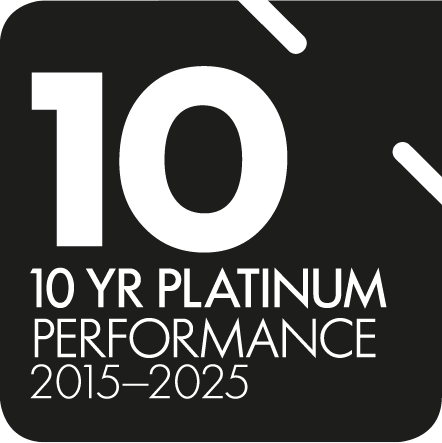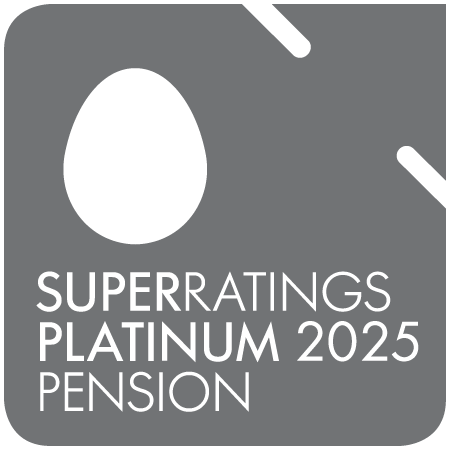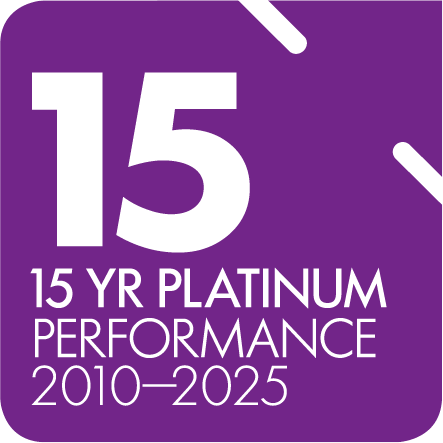How will I pay for my aged care?
Funding aged care can be worrying for retirees, but with a bit of planning you’ll feel more secure about your options for the future.
You may want to talk to a financial planner about your finances as some accommodation payment methods may affect your Age Pension and aged care fees. Also, if both you and your partner need access to aged care, each of your accommodation payment methods may impact the other’s aged care fees. So, it’s beneficial to seek guidance before deciding how to pay for your aged care.
If you choose non government-funded services, you will have to pay all the associated fees yourself, so you’ll need to have savings or an income stream available to cover the costs.
If you’re eligible for government-funded services, how much you contribute towards your aged care costs will depend on your financial circumstances. To find out how much you will pay, you will need a means (income plus assets) assessment.
Completing the assessment will tell you whether you are eligible for assistance with your accommodation costs, and what your maximum means tested care fee will be. (You may pay a lower amount depending on your cost of care when you enter the aged care home).
For full pensioners and part pensioners, your contributions will be determined by your existing Age Pension income and assets assessment. Non pensioners will need to provide information about their income and assets to Services Australia to have their contribution rate assessed. Anyone who doesn’t provide this information to Services Australia will pay at the highest rates.

?ts=1761695390959&dpr=off)


